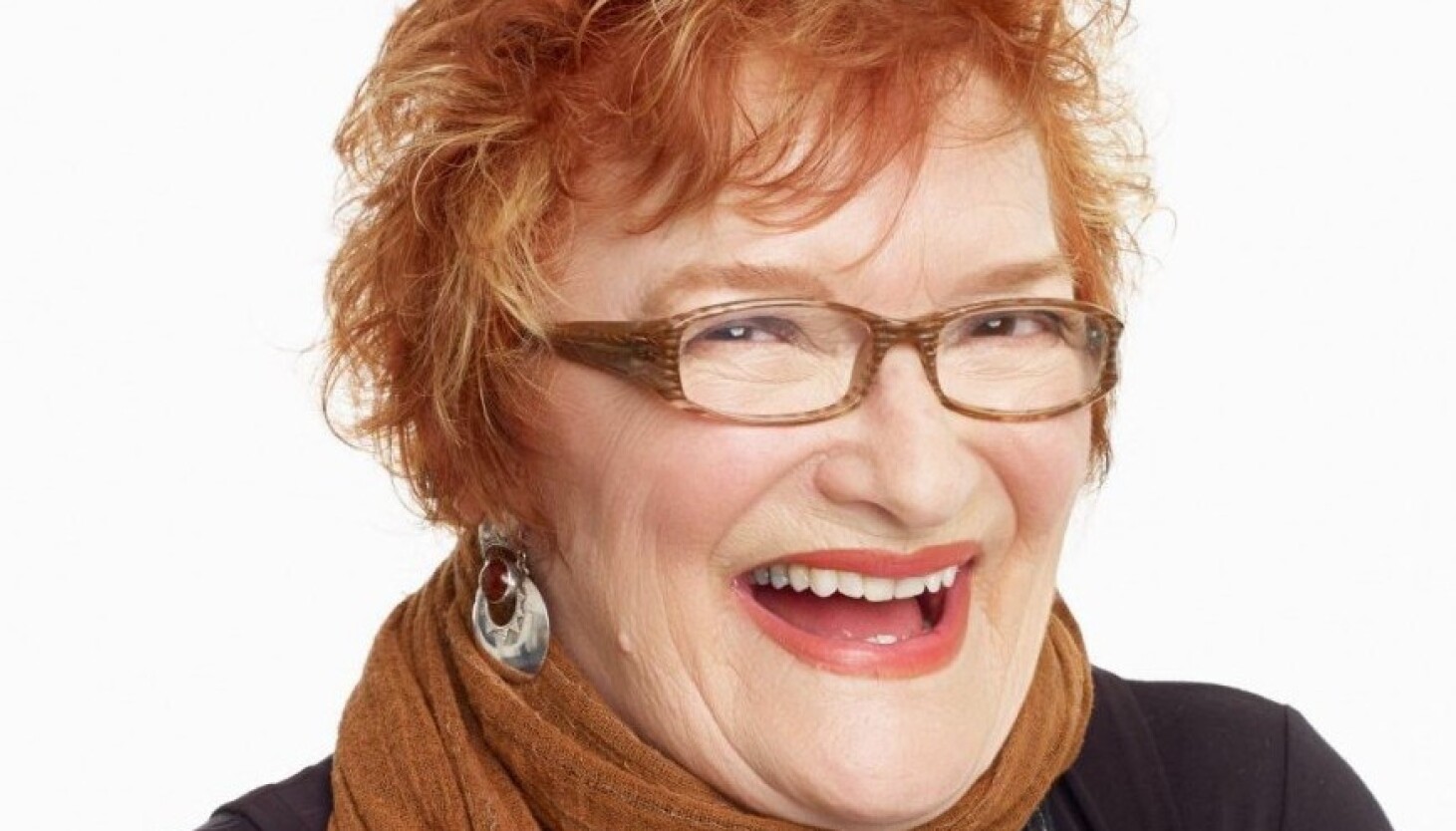Andy Fillmore has been elected Halifax’s next mayor | CBC News

Former Liberal MP Andy Fillmore will be the next mayor of Halifax, fending off challenges from his nearest rivals in a crowded field of candidates to win Saturday’s municipal election.
He told a room full of supporters at a pub in north-end Halifax that he was “grateful and humbled” to be elected the next mayor of Halifax.
“This is Halifax’s time,” he said. “Our opportunity is here in every corner of HRM. We’ll embrace it, we’ll meet this moment.”
Fillmore, a city planner before he entered federal politics in 2015, has criticized the municipality for allowing new homeless encampments, and campaigned on pledges such as speeding up building permit approvals and improving the flow of traffic.
His nearest challenger, three-term councillor Waye Mason, conceded defeat roughly an hour and a half after polls closed.
As of 9:30 p.m., Fillmore had garnered 43.4 per cent of the vote, with Mason at 25 per cent and councillor Pam Lovelace in third place at 15.8 per cent. Votes are still being counted.
Fillmore, 58, is one of a number of new faces who will sit on Halifax regional council, with five incumbent councillors not running for re-election in their districts.
Halifax was among more than 40 towns and municipalities in Nova Scotia that held elections Saturday, including the Cape Breton Regional Municipality, which has elected Cecil Clarke as its next mayor.
Fillmore launched his campaign for Halifax’s top political job in July, but only stepped down in early September as MP for the federal riding of Halifax. His efforts to reach municipal voters included advertising at bus stop shelters and extensively on social media.
Mason campaigned on improving transit, cutting building permit wait times and boosting the supply of affordable housing. He and Fillmore crossed swords most prominently on homeless encampments.
Fillmore said the municipality’s approach, which has allowed designated tent sites, has encouraged homeless people from across the country to move to Halifax, a claim Mason said was baseless and not supported by data collected by the city.
Fillmore said in an interview with CBC following his victory speech that key issues in the city are traffic congestion which is making people late for work and delaying buses, the price of housing and the residential tax increase voted in by council.
“People have taken a look around the city and seen that the way we’re managing our growth is not working for us, it’s working against us,” he said.
He touted his background as a city planner, and said he plans to call Premier Tim Houston to tell him he has a “partner” in the mayor, council and municipality to “solve the housing crisis.”
That involves building more houses quickly, he said, but speeding up approvals, making available more low-cost land for development and removing roadblocks to things such as modular housing.
Mason said in an interview with CBC that Fillmore’s name recognition and extensive advertising were tough to overcome, and “we just weren’t able to bridge over that.”
He said during his 12 years on council, which dovetailed with Mike Savage’s tenure as mayor, the city has made great progress.
“We’re now an economic powerhouse and we’re the envy of the country,” he said.

Savage announced in February he would not be running again. Before entering municipal politics, he was the Liberal MP for the riding of Dartmouth-Cole Harbour. This week, Liberal Prime Minister Justin Trudeau named Savage Nova Scotia’s next lieutenant-governor.
Sixteen people ran for mayor, with another 63 contesting 16 council seats across the municipality.



